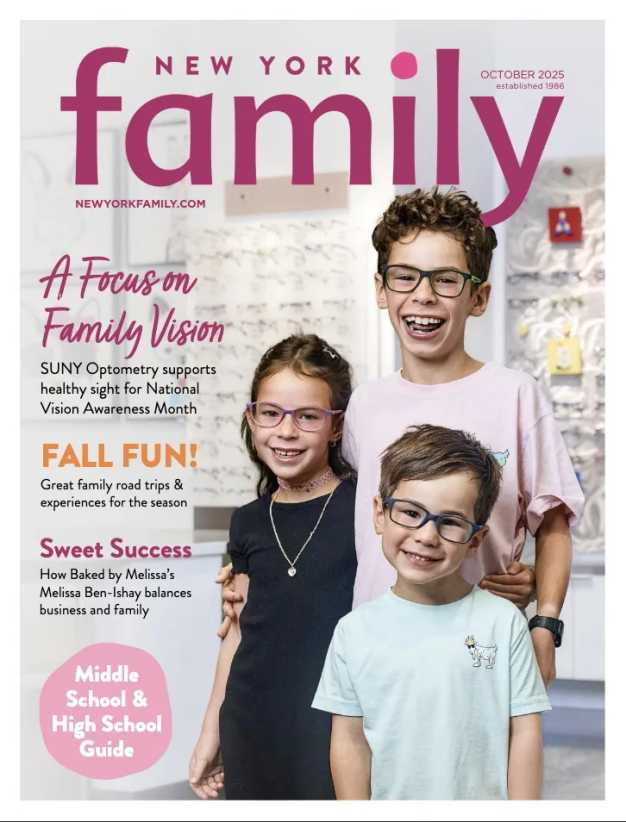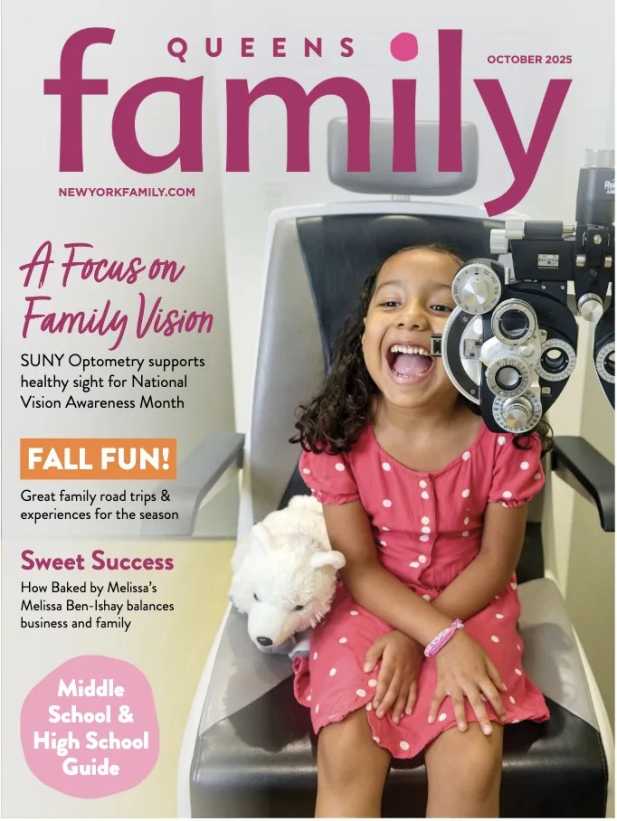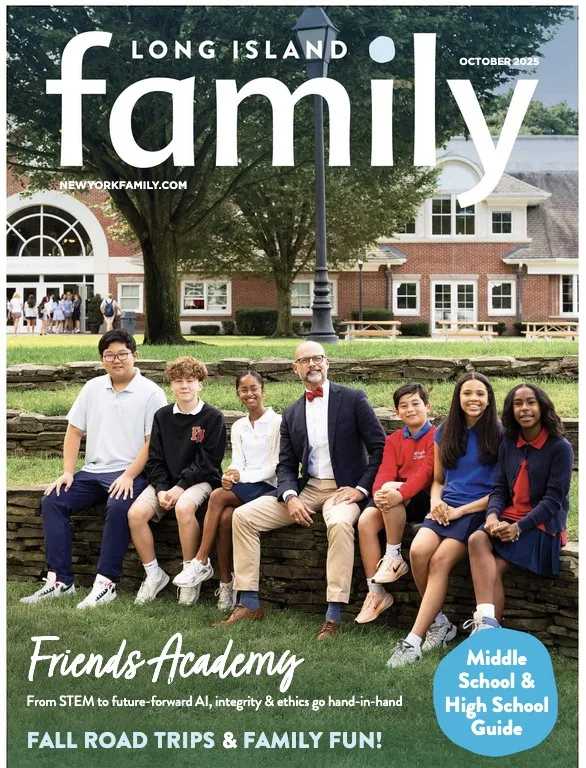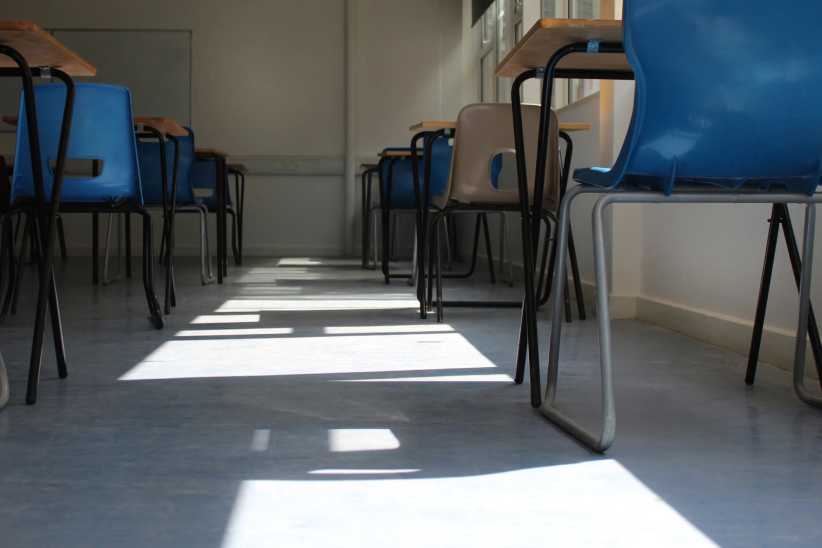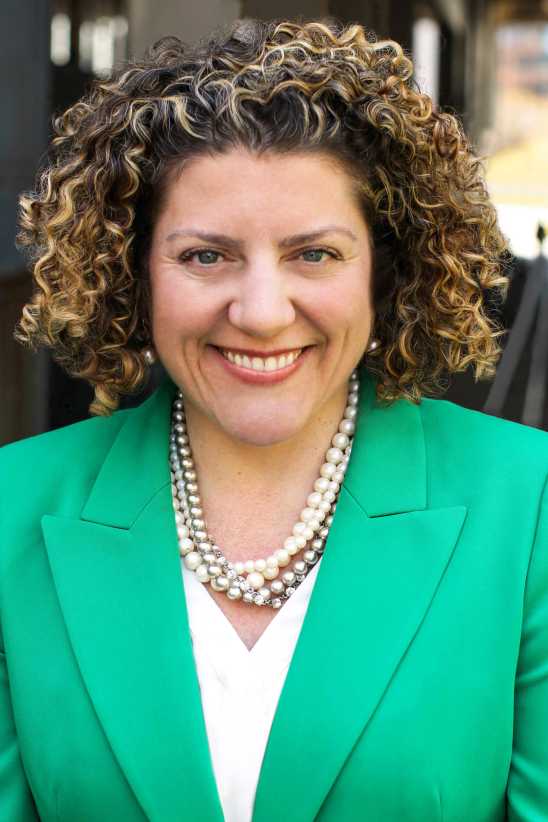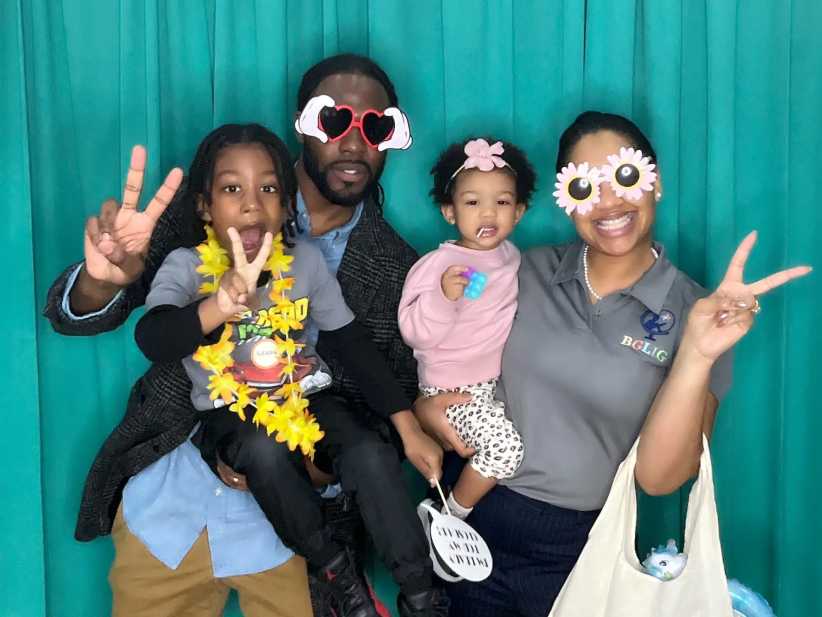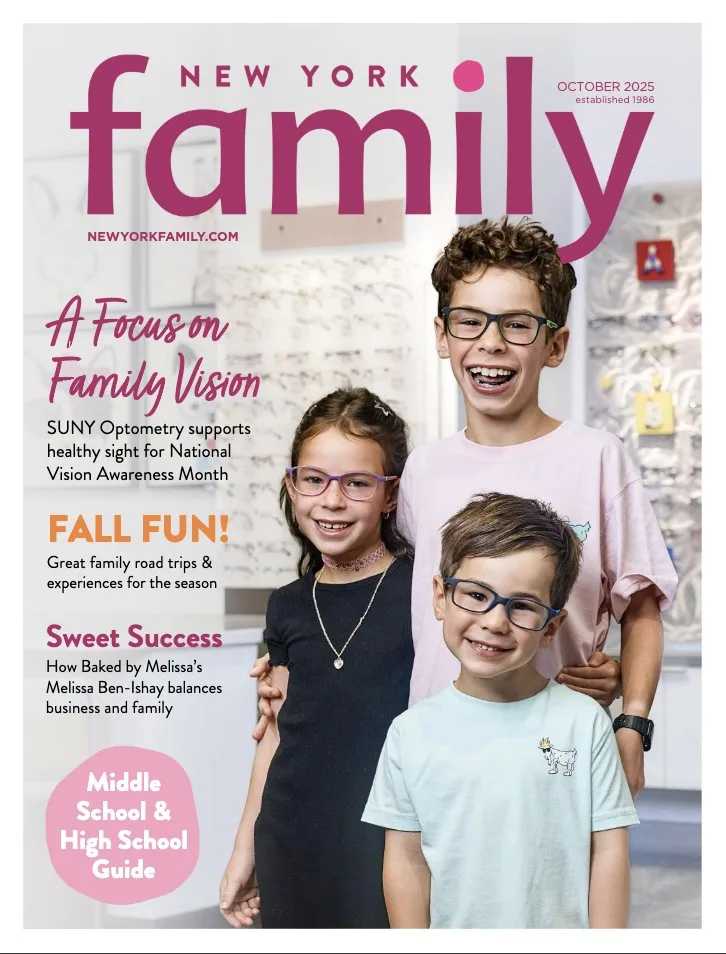 Middle school can be a notoriously difficult time for kids, as it heralds an entirely new set of social challenges for children and parents alike. We spoke with Michelle Icard, an educator, program founder, and author of Middle School Makeover: Improving The Way You and Your Child Experience the Middle School Years, to discuss how parents and kids can successfully navigate middle school.
Middle school can be a notoriously difficult time for kids, as it heralds an entirely new set of social challenges for children and parents alike. We spoke with Michelle Icard, an educator, program founder, and author of Middle School Makeover: Improving The Way You and Your Child Experience the Middle School Years, to discuss how parents and kids can successfully navigate middle school.
What made you decide to write this book?
The book came at the request of parents who struggle with understanding the changes middle school brings, particularly as those changes relate to the middle school social scene. I often speak at schools or community events, and parents would usually ask during the Q&A: “Do you have a book I can buy so I don’t forget any of this?” I think that speaks to the fact that parents want to know how to make [middle school] better for their kids, but as any parent knows, it’s hard to help your own middle schooler with social issues. We’re so entrenched, it’s difficult for us to keep perspective, and it’s difficult for our kids to take us seriously. The first half of the book lays a foundation for understanding the middle school world, and the second half gets specific about what to say—and how and when to say it—when dealing with the most common issues I see parents of middle schoolers facing.
Throughout the book, you often switch gender roles between sentences. Are there certain key challenges of the middle school years that are different for girls and boys?
This is a good question. The middle school experience can be quite different for boys and girls, probably because there is a three-year difference in brain development between genders during the middle school years. My social leadership curriculum is divided by gender for this reason, and because boys and girls learn differently at this stage. However, since the book is for parents, I decided to combine both into one book, helpful if you parent more than one gender. If I write a companion book for kids in middle school, I’d seriously consider separating them by gender.
Is there a connection between social or emotional success and academic success, and are those emotional challenges and academic challenges different for boys and girls?
There are unique challenges, academic and social, for each gender. And then unique challenges for kids who are questioning how they identify. It can get complicated, so I try to reach the middle ground for all kids and parents through the book. In general, boys in middle school might struggle with pressure from girls who are socially more mature, or who use boys in their “relational aggression” wars—pitting girls against each other and using boys as pawns or messengers. Girls might struggle with being at a different point on the maturity scale as well, but often they’re penalized for being too slow to take interest in dating, makeup, etc. Parents who worry about this, though, should take solace. Kids who are considered “cool” in middle school often don’t perform as well as adults as kids who didn’t try as hard to impress their peers. I definitely see a correlation between social or emotional challenges and academic challenges. A little over ten years ago I started a tutoring business and worked primarily with middle schoolers. Their parents complained about declining grades in middle school, and wanted to apply an academic Band-Aid. They hired me to teach their kids how to study, how to manage multiple projects, how to stay organized. All of that is important, but I discovered in talking with the kids that the unexpected social changes in middle school were a big cause of poor grades, too. This was a piece of the puzzle no one seemed to be talking about. I remember from my own bad social experience in middle school that I retreated into myself. That meant not engaging with schoolwork, teachers, or classmates, and my grades suffered.
In the book, you discuss the tough time you had in middle school. Do you think that middle school issues can lead to high school problems?
It’s important that parents understand the strong connection between a middle school experience and what follows in high school. One of the most important developmental tasks a middle schooler faces is developing a unique identity apart from their parents. This doesn’t complete in middle school, but it definitely starts at around age 11. Kids who struggle to figure out who they are apart from their parents and in relation to their peers have a difficult time moving onto the next phase of development in which they form healthy relationships with others. So, yes, we can’t gloss over the importance of what happens in middle school because healthy relationships rest on that foundation.
How important are extracurriculars to middle school kids in order to feel good about themselves and about school?
Very important! Extracurricular activities and hobbies give kids a chance to feel competent, to discover identity-forming interests, and to find their social tribe. For kids who struggle socially in middle school (this might be all kids at some point) a reprieve from the pressures and judgments of their peers in school is essential.
You also frequently discuss the importance of parents being the “assistant managers” for their kids. For a parent who has been acting as the “manager” their whole lives, what do you think their first moves should be in stepping down from this role?
Don’t keep your kid in the dark. First, go to your son or daughter and explain that they’re getting older and it’s time for you to turn over more responsibility to them. Your kid will be excited. Then, begin to practice the very characteristics that make anyone a good manager at work. Be a clear communicator, allow people to make mistakes, allow them to try fixing them on their own, don’t be emotional about mistakes, trust them. The trick is to avoid being a micro-manager. Too many parents think they should clamp down in middle school when kids may be tempted by dangerous behaviors, when in fact, that almost always backfires.
What’s your advice on how health and sex education should be handled at this age?
I believe in talking early and talking often. By the time kids get to middle school, they will see and hear things that will shock you. Shock! There is just no getting around this. The antidote to your kid getting a lot of wrong information and unhealthy perspectives on sex and sexuality is for you to be a source of truth for them. That means you have to talk unemotionally and honestly about sexuality from an early age. If your child has a question about something they hear in the cafeteria, you want them asking you, not Google.
Rules are hard to change, especially during the middle school years. What advice would you give to a parent who might feel that they picked up this book “too late”?
There is absolutely no “too late” in this scenario. Even parents of high schoolers can use the suggestions to communicate better with their teens. In fact, I have adults who tell me they use my strategies at work with their co-workers! My advice is to read the book and start with the simplest of changes, using a “Botox brow” to talk with your kids. This is my technique for getting your kid to share information with you, and it’s rooted in research on how kids can’t read facial expressions properly. This is why your child thinks you’re angry, even when you’re not. Start here, and you’ll be surprised how quickly things get better.
To learn more about Michelle Icard, visit michelleinthemiddle.com.
